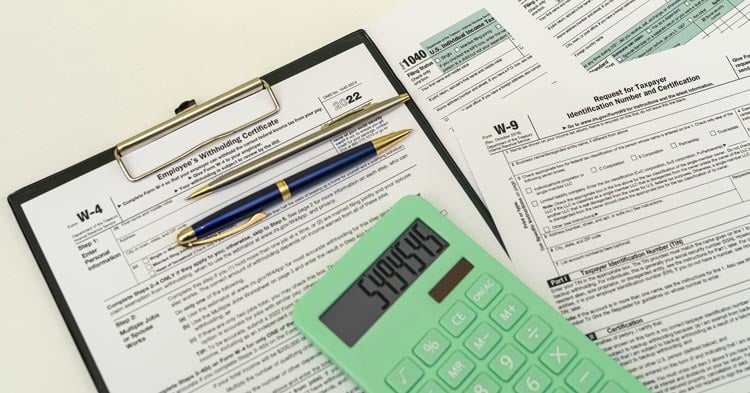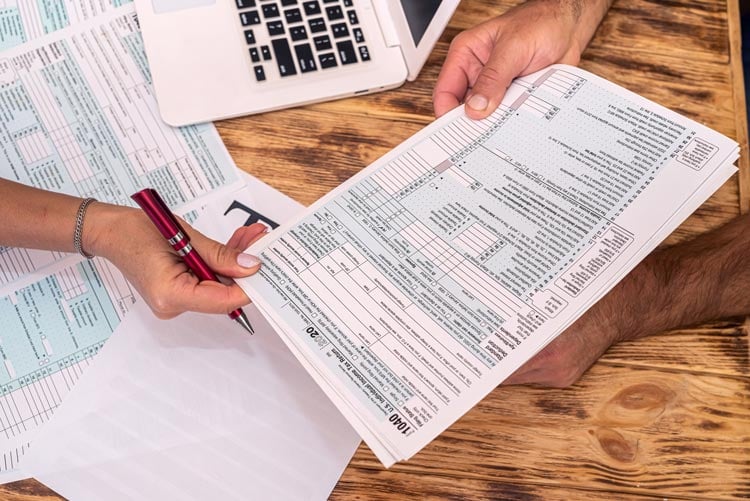Can You Do a 1031 Exchange on a Short-Term Rental Property?

The purpose of a 1031 exchange is to defer the obligation to pay capital gains tax when you sell an investment property. The IRS has explicit rules governing these transactions, including tight timelines and requiring the taxpayer to use a Qualified Intermediary to oversee the financial and reporting aspects.
What Happens If You Don't Pay Your Deferred Taxes?

Tax management is an essential component of financial planning for many taxpayers. There are several possible reasons to favor deferring taxes and more than one tool for doing so. Taxpayers may seek to defer income taxes or capital gains taxes. In each case, deferral does not equate to elimination, although it is possible to legally eradicate capital gains taxes in some cases.
Who Should File Form 8824?

Any taxpayer who completes a 1031 exchange during the tax year must file IRS Form 8824 as part of their tax return. The form reports the amount of gain the taxpayer is deferring by employing the 1031 exchange.
Is a Grantor Letter the Same as a K-1?

A grantor letter and a Form 1065 Schedule K-1 are common records in taxation and financial documentation. While they have some similarities, they serve different purposes.
How to File Estate Taxes

When someone dies and transfers physical and monetary assets to their heirs, those assets may be subject to an estate tax. A vast majority of Americans won’t have to worry about paying estate taxes. The federal estate tax exemption in 2023 is $12.92 million, so unless you are leaving your heirs property, cash, stocks, and other assets with a fair market value greater than that amount, your heirs won’t have to worry about estate taxes.
Does a 1031 Exchange Need to be Completed in the Same Year?

Real estate investors who undertake 1031 exchanges in order to defer capital gains tax liabilities or diversify their real property holdings have six months from the closing date on their relinquished properties to complete their exchanges.
What Sources of Income are Subject to Double Taxation for Businesses?

Forming a business is usually a simple process that can be completed in a few minutes through your state’s Secretary of State website.
How to Calculate Cap Rate

If you’re involved with any kind of real estate investment or holdings, you’ve no doubt heard the term “capitalization rate,” or its shorter version of “cap rate.” Cap rates are used by real estate investors, owners, and others involved in the industry because it helps them understand the relationship between a property’s value, and the net operating income it generates. Let’s unpack these terms, and then learn about the cap rate formula.
Can You Borrow Against a 1031 Exchange Property?

One of the potential benefits of direct real estate ownership is the ability to “borrow” against it. This is known as a “cash-out refinance,” and it involves applying for a new loan to pay off the property’s current loan, while obtaining extra cash based on that property’s equity.
What Triggers Depreciation Recapture?

Investment property owners are likely quite familiar with depreciation, since it allows them to deduct certain costs associated with acquiring and improving income-producing real estate, which can lead to lower annual taxable income.


